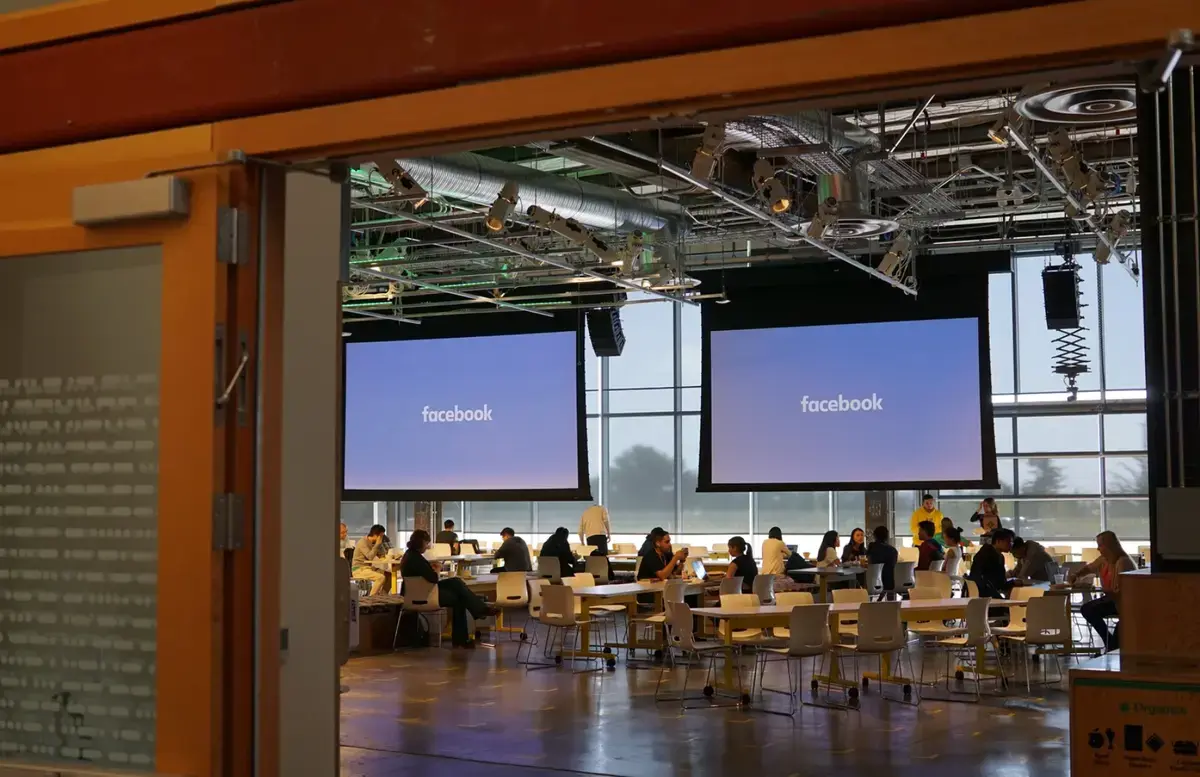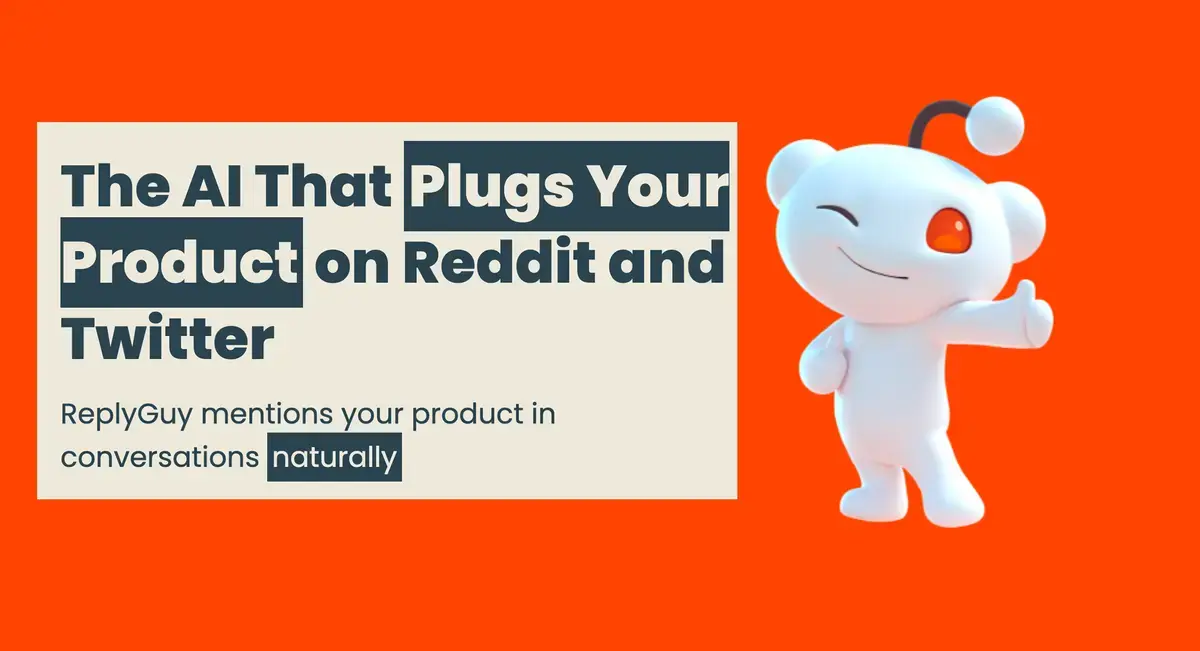- 6 Posts
- 232 Comments

If you search on solidtorrents.to there is a version with ~17 seeders.

If you have slower internet or don’t seed 24/7, I would recommend just focusing on seediing torrents with a low number of seeders. It doesn’t really matter if you leech the latest episode of a popular new TV series, as there will be so many other seeders, (many with a better capacity to seed). However, for something older or more niche your decision to seed or leech could determine whether someone else gets to enjoy that content.
The first game is much creepier than the second, I think due to a combination of the character designs, the writing and the general plot. The second game feels more akin to Danganronpa, in that the characters and setting are a bit surreal. Because it was a 3DS game, it also uses cartoony 3D models that make everything a bit lighter and less gritty than the original game. I haven’t played the third one yet (still need to get around to 100% completing the second game).
I found 999: Nine Hours, Nine Persons, Nine Doors to be very unsettling. I played it in bed at night with headphones on and it totally sucked me in. I guess this is a different type of horror to many of the games suggested here, which I personally don’t find scary.

Yes, people have had these existential crisis moments about piracy for many years. Just a couple of notable examples within my lifetime were the many issues of The Pirate Bay in the 2000s, the closure of KickassTorrents in the 2010s and RARBG’s shutdown last year. People panicked over the initial DeezLoader and YouTube Vanced project shutdowns too. Every single time, without fail, something new rises up whether it’s a direct clone or something entirely new. It’s not always as good initially, but I can’t really say any of these “crackdowns” have had a significant effect from my perspective.

Yes, the projects on GitHub were shutdown. That doesn’t mean the extension suddenly became “ineffective” or is no longer being worked on. It was simply cloned elsewhere and development continues. I think I am getting an idea of why you’re so pessimistic about piracy - you base your opinions on articles and forum speculation instead of lived experience. If you actually used this extension, you would know that at no point has it stopped working.

It’s funny how similar these shutdown messages always are. They never state the real reason why the project is ending and always have some weird sentence at the end recommending everyone use paid services, even though their entire project completely undermined them for years. I guess they are advised (threatened) to use certain language by whoever is pressuring them.

You act like this is a universally confusing concept, when it’s only Americans who seem to have difficulty understanding that different countries have different laws and definitions. In any case, it was reported as solitary confinement in both the EU and US at the time so I’m not really sure what you guys are crying about.

He was held in solitary confinement in both Sweden and Denmark. This was reported on at the time. I’m not sure why you’re trying to second-guess me when you clearly have zero knowledge about the history of this guy.

I believe it was because he failed to return to Sweden to serve his Pirate Bay sentence and instead remained in Cambodia where he was living at the time. There was an international warrant out for his arrest and when he was deported back to Sweden he was judged at risk of flight or further “criminal activities”. He was removed from solitary after a few months, so I’m not sure if he was put back there for his later, longer sentence of hacking.
EDIT: He was later held in solitary confinement in Denmark for at least 10 months while awaiting trial for hacking.
I didn’t say you did. Your question implies that there must be a reason why the listing of resources in the megathread is considered “legal”. I am flipping the question around and asking you - why must this be the case? Do you believe there is something inherently “illegal” about the megathread? If so, what?

The author just insists that Israeli government genocide is bad and that the ordinary citizens are complicit. I think the implicit logic must be: bad people should be punished, depriving them of music punishes them. While it might satisfy a craving to hurt the bad guys, I think it’s much harder to claim that this would help stop the genocide.
It’s because the mindset of the people who make these types of arguments is rooted in childish ideas about human behaviour. It’s why younger people in particular are so big on cancel culture, because they still believe that taking away the toys magically changes the behaviour of adults out in the real world. What actually happens when you cut people off completely is that you lose access to all the outlets through which you can begin or maintain a dialogue. Who do these people turn to when you’re no longer talking to them? The culture warriors never get this far because they lack the life experience to understand how to navigate difficult relationships. Social media has unfortunately contributed significantly to the spread of this infantile mindset where “the world is full of good people and bad people, and if we disagree about something then you’re clearly one of the bad people and I am no longer talking to you”.

This is a moronic take, the kind of thing only some western Gen Z cancel culture warrior with no life experience would believe in. Radiohead understand that large numbers of their fans live in countries with questionable or outright authoritarian governments (they are massive in South America, for example). It would be very problematic if they started picking and choosing which of their fans was deserving of a live concert based on where they live or what kind of policies their government has been pursuing. Their music is something that unites people from all over the world and continuing to share it with everyone is the best thing they can do in this situation.

Yeah it’s pretty bad, I had to scroll for a while to come across the statistics I was interested in. Between 15% and 20% of Australians unlawfully stream content, while for downloading it’s up around the 65% mark. Unlawful live streaming of sport is around 25%, as is video game piracy. Music streaming has lower levels of unlawful access - only 12%. However music downloading is again much higher, around 62%. Most lawful content is delivered via streaming these days, so it makes sense to me that the numbers are lower for streaming and higher for downloading. These are all self-reported figures of course, so it’s likely that they are somewhat underestimating the scale of unlawful behaviours.

It is pretty common in Australian media, piracy is quite widespread here so I don’t think there’s really a social taboo around it. Public figures usually reference it in a joking way to protect themselves but we all know what they’re really saying and doing.
This is just an argument for ceding space to conservatives, which makes them seem more prevalent than they are, because they’ve driven the opposition away.
The irony of a Beehaw user trying to making this argument in a Beehaw thread…
Whether social media is essential to life or not, it’s a normal part of modern life, and telling people to avoid it is no different than telling people to avoid bars or clubs if they don’t want to be harassed. It’s just victim blaming.
The correct comparison would be that it is like returning to the same bar, on the same day, at the same time when you know the people who have harassed you previously will be there. It is not victim blaming to suggest avoiding that particular bar if attending it is causing the person to have a mental breakdown. Giving choice, power and control back to the victim is not the same as blaming them for their situation. Again, we are having this conversation in a Beehaw thread; if you don’t understand the significance of that then I don’t know what else to say.
Is it actually viable for ordinary people to purchase small amounts of cryptocurrency for the sole purposes of making more private purchases online or taking advantage of cryptocurrency discounts? All the coverage on them is about large-scale investing which makes me feel like no one buying and selling actually has any interest in cryptocurrencies as an alternative currency. Instead it’s just about getting rich, which is a massive turn off.

They weren’t “going off on a rant”, though. They were responding to something you said and it was a pretty good reply too with a lot of detail and thought put into it. If you didn’t want to discuss the election, you shouldn’t have quoted a sentence about the election. Getting all snide and dismissive after the fact is very strange behaviour on your part.
I see a lot of people reacting negatively to minorities and leftists breaking down on social media
The thing about that though is right wingers will push and push and push. They will spend all day every day harassing someone until they finally break down and have an outburst.
If you don’t spend all day on social media, you can’t be harassed on social media all day. If an online space is so toxic that you are “breaking down” then you have a responsibility to yourself to reassess whether it is actually healthy for you to be spending time in that space. Don’t get hung up on some kindergarten ideas about “fairness” or “they started it”, take a step back and realise that you actually have agency and choice. It is very strange to me that people complain about how toxic social media is and then change absolutely nothing about their own behaviour. Social media is non-essential to life, you do not need to be using it. Particularly not if it is causing you severe mental stress.

Why are you going off on some rant about how to win the election? What you’re saying is correct about how to approach the election and that’s not the subject of this post or this conversation.
You directly quoted and replied to a sentence referencing Trump’s presidential campaign. It is perfectly reasonable for people to assume you are interested in discussing the upcoming presidential election.







Confucius is that you?